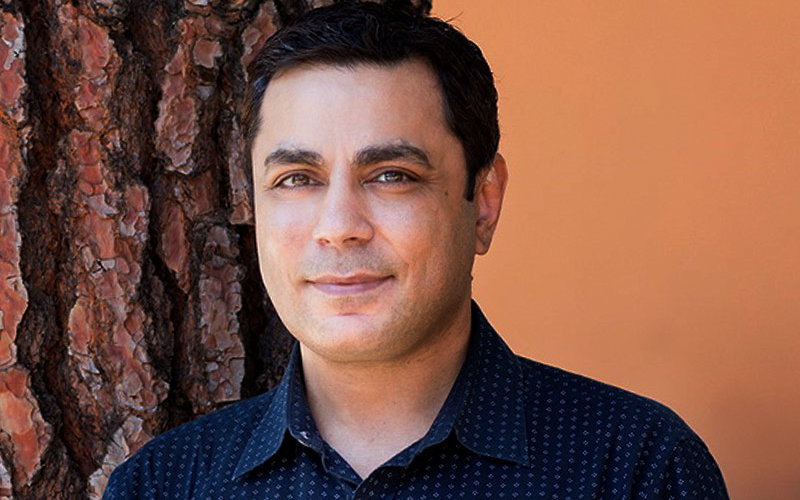
Anthropology’s insistence on the equality and integrity of all cultures, as well as an emphasis on qualitative research, resonated with Ahmed Afzal and inspired him to pursue the field of cultural anthropology.
Afzal joins Cal State Fullerton this fall as an assistant professor of anthropology, teaching courses in “Introduction to Cultural Anthropology,” “Anthropology of Religion” and “Culture and Communication.” He holds a bachelor’s degree in third world studies from Vassar College, a master’s degree in cultural geography from the University of London, and a master’s degree and doctorate in anthropology from Yale University.
What inspired you to go into the field of cultural anthropology?
I found my way to cultural anthropology following a yearlong graduate program in cultural geography at the London School of Economics. As part of my graduate program, I spent a summer researching local community attitudes toward the Dorset Heathland in England. Spending time with local community members and learning about their lives was the highlight of my graduate experience! I discovered a love for immersive fieldwork. My professors encouraged me to pursue doctoral studies and suggested that I look at programs in cultural anthropology.
What are your research interests?
My scholarly interests traverse contemporary Pakistan and the United States, and my research focuses on globalization, urbanism and everyday life. I am also interested in gender and sexuality cross-culturally, anthropology of mass media, especially non-western media industries, and international migration and new immigrant experiences in the United States. I have carried out extensive ethnographic research among Pakistani Muslim communities in Houston, Texas, since 2001. The research culminated in a book titled “Lone Star Muslims: Transnational Lives and the South Asian Experience in Texas” that was published by New York University Press in 2014.
What do you hope students will learn from your classes?
As a person of color, an immigrant and a Muslim man from Pakistan, it has been extremely important for me to develop an open and inclusive classroom environment that encourages students to work toward articulating their ideas, to have frank and spirited discussions, and to begin the process of understanding the problematic nature of generalizations and stereotypes. I am dedicated to bringing the insights of anthropology and the application of anthropological theory, methods and modes of analysis to students’ lived experience and to real-world problems.
What would you like the general public to know about your research areas?
The general public sometimes assumes that anthropologists work primarily in small scale, non-western societies. While that is certainly true, cultural anthropologists such as myself also carry out research in the west and in urban settings, and use ethnographic methodologies such as participant-observation and oral life histories to explore issues such as globalization, urbanization and new immigrant experiences. Moreover, I hope the general public will see the value of anthropological research and analysis in general in dispelling stereotypes and generalizations. My research with Pakistani immigrants and Pakistani Americans in Houston, for example, provided a glimpse into a variety of lived experiences, and showed how specificities of class, sectarian affiliation, citizenship status, gender and sexuality shape Pakistani American identities and mediate racism and marginalities.